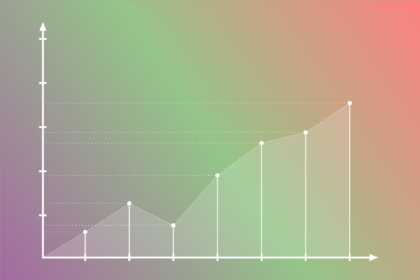Ian Milligan, in History in the Age of Abundance?: How the Web is Transforming Historical Research, presents the benefits of using the explosion of data on the internet as well as the drawbacks. A benefit we can readily see is the mass amount of information scholars can draw on to make conclusions and connections that were previously unseen. This is a great benefit with primary documents that are increasingly being digitized and put online. These works can be verified with a paper copy and are already known yet, with digital processes, we can get so much new information from them. In addition to sharing digitized documents on the web, digital historians and scientists can work together to reveal new ways to connect information and use digital technologies to do amazing work like revealing text and images in documents that cannot be seen with the naked eye, and recreating experiences in virtual reality. All of which can add to our understanding.
Digital technologies have already been working hand-in–hand with scholars and access to primary documents online has increased. Milligan, however, concentrates on born-digital information, or information that does not have an analog (paper) counterpart. With born-digital, there is no static document you can touch to verify information. This leads to one of the problems he mentions, which is the reliability of the information on the web. Web data can be here one second – gone the next, be changed, or just be plain wrong.
Of course, some statistics that researchers might be interested in don’t need to be verified for truthfulness if they are looking at sweeping trends to make conclusions about broad behaviors like Mulligan’s example of geocities.com users acting as a community. This is a factor independent of the actual information on any one person’s geocities.com account. Other research that does rely on the accuracy of the information on the web can be tricky as there is often no way to know what is fake or what has been altered, at least without complicated digital forensics. Also, Milligan points out that much of the information on the internet is skewed toward certain groups of people that have internet access and/or are most likely to use it while those who do not have access or the desire to post to the internet will not be represented. Not to mention that internet research is skewed by the very tools we use to search the internet.
It seems that digital history will need to rely on more diverse fields like statistics and data analytics in order to have the ability to use more data and make more connections that would not be possible without digital technology. Douglas Seefeldt and William G. Thomas’, in “What is Digital History”, say that
“Digital history scholarship, in addition, opens the question up for readers to investigate and form interpretive associations of their own. This might be the defining characteristic of this genre.”
While digital history must seem intimidating to those who did not intend, or want, to be coders, IT specialists, or data crunchers, it is also exciting to have new ways of seeing information as long as we are careful about where it came from and how we are interpreting it. We are moving into an era where there may be fewer and fewer paper documents so we are going to have to learn how to learn from what we see on the web, while taking into account its shortcomings.





You bring up a good point that we are gradually moving away from paper documents. Do you think that they will eventually become obsolete and primary source documents will be relegated to museums and archives? Digital History is a multi-disciplinary topic, I wonder if there is ever a point that too many people are involved. I guess it would be a question of if there is even a discipline that has no need for digital history.
You raise a great point in that we sometimes assume “everything” and “everyone” are on the internet, where that’s just not true. There are entire swathes of people even in a country like the US who don’t have home internet access (see, for example, all the VA school systems that had to send wifi enabled buses to set up in Walmart parking lots so parents could park around them and their kids could access the internet for virtual learning during the pandemic) much less worldwide. So just like 500 years ago when only certain elites were generating “massive” amounts of paper records for future historians to study, only certain elites are creating digital records today. We may be in an age of “abundance” but only for certain types of people (who are veeeeery tracked and thus truly abundant records are made. I don’t even want to think about how much Google knows about me…!)
Julie, I enjoyed reading your post. I think that you bring up some very good points. I agree that researchers need to be aware of the reliability of the data that they find online. As a genealogist I’ve learned not to take one person’s bold assertions as fact until I’ve done enough research in other sources to allow me to either confirm or discard that information. There is a lot of incorrect information out there, even in books!